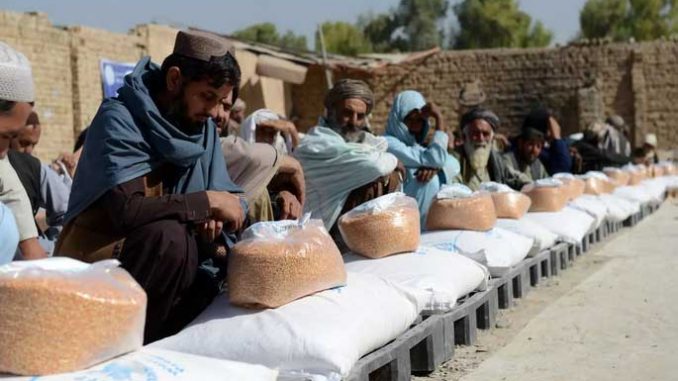
(Prensa Latina) Respect for fundamental rights and freedoms by the de facto authorities in Afghanistan is critical to ensuring stability in the country, the UN Deputy High Commissioner for Human Rights, Nada Al-Nashif said on Tuesday in Geneva.
Briefing the UN Human Rights Council, Nada Al-Nashif detailed how the profound humanitarian crisis in Afghanistan is threatening basic rights, with women, girls, and civil society among those most affected.
“How the de facto authorities – indeed, and the international community – address the drastic economic and humanitarian crises in the country will determine Afghans’ enjoyment of human rights, now and into the future,” she said.
Staff from the UN human rights office, OHCHR, remain on the ground in Afghanistan, where the economy is largely paralyzed and poverty and hunger are rising.
Ms. Al-Nashif said that as Afghans struggle to meet basic needs, they are being pushed to take desperate measures, including child labour and child marriage. News reports have also surfaced of children being sold.
“The difficult policy choices that Member States make at this critical juncture, to avert economic collapse, are literally life and death. They will define Afghanistan’s pathway into the future,” she said.
Ms. Al-Nashif reported that although fighting has receded since August, when the Taliban took over, Afghan civilians remain at risk of conflict as the Islamic State Khorasan Province (ISIL-KP) and other armed groups are still carrying out lethal attacks.

Be the first to comment